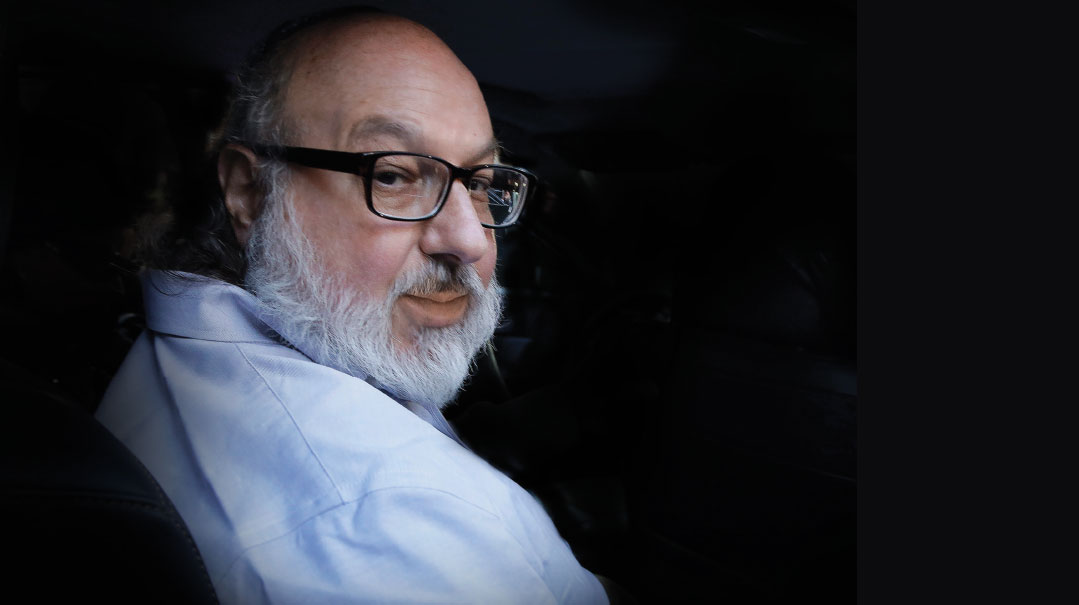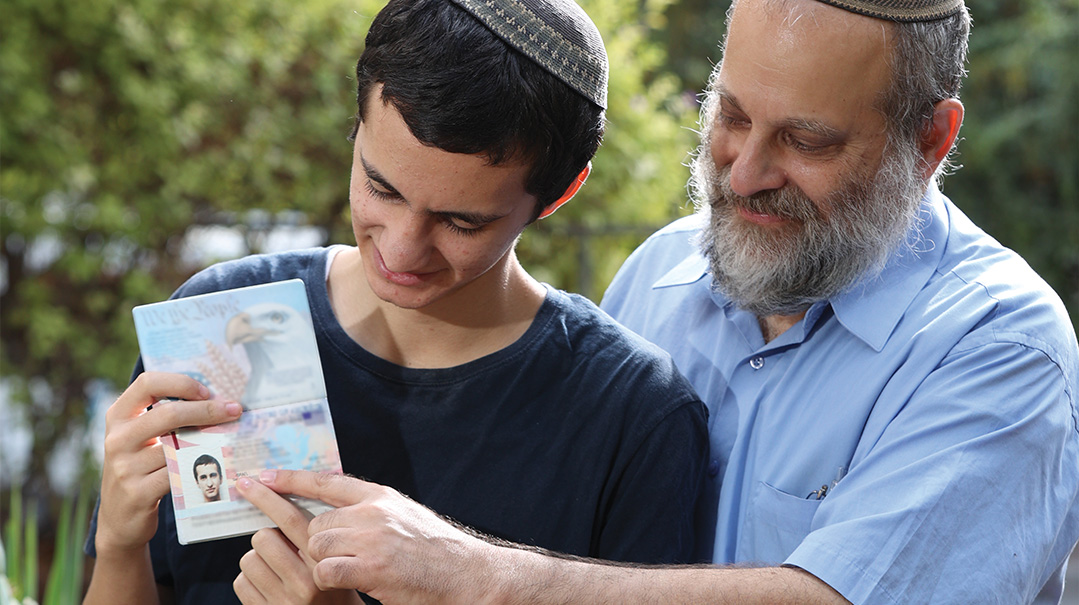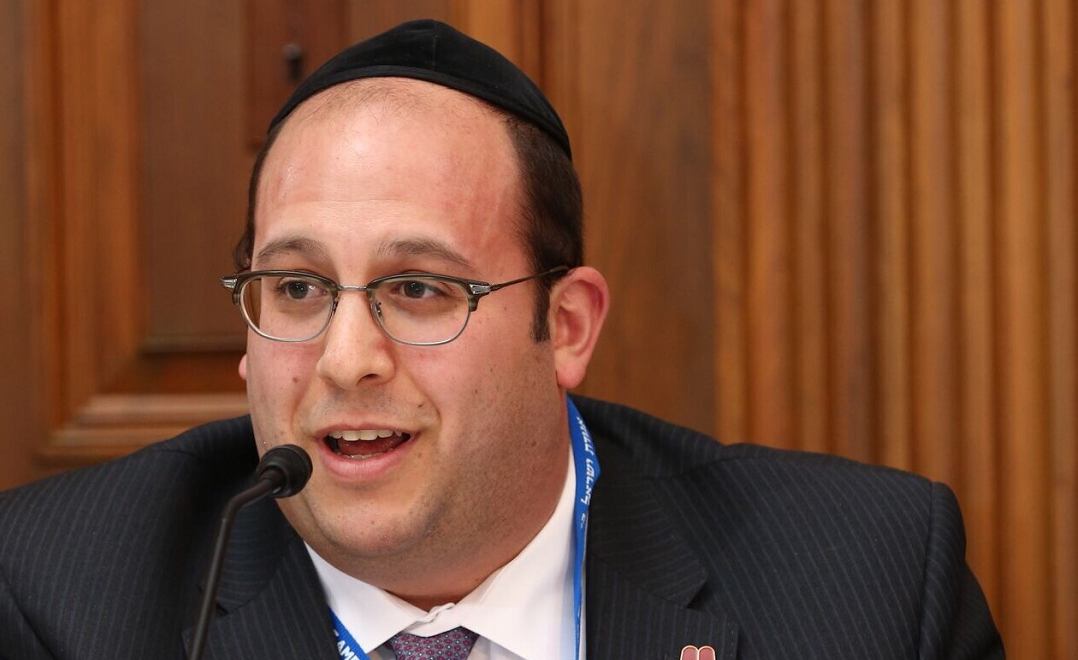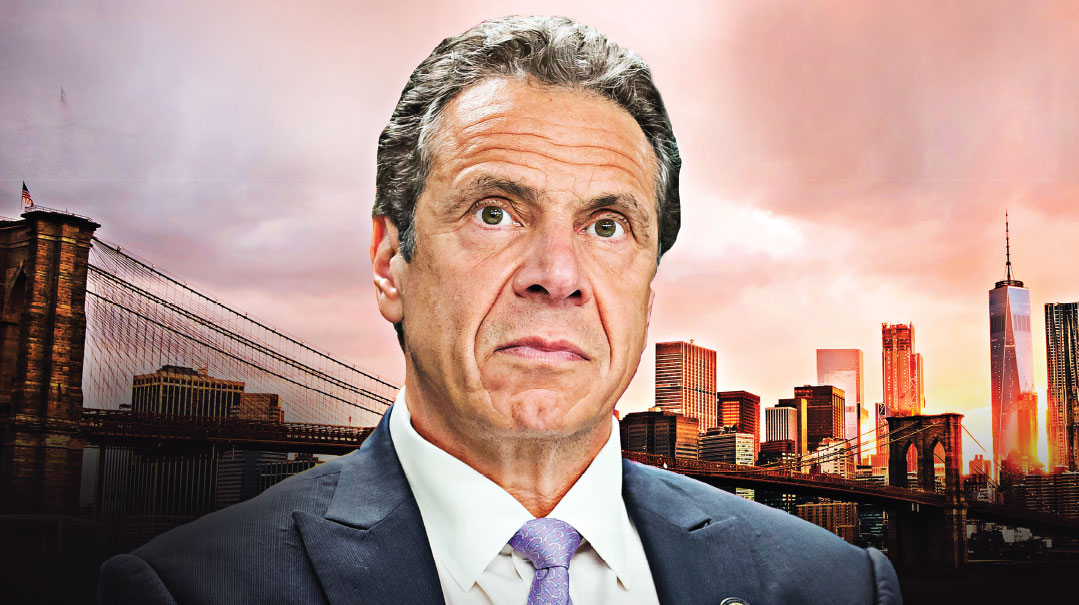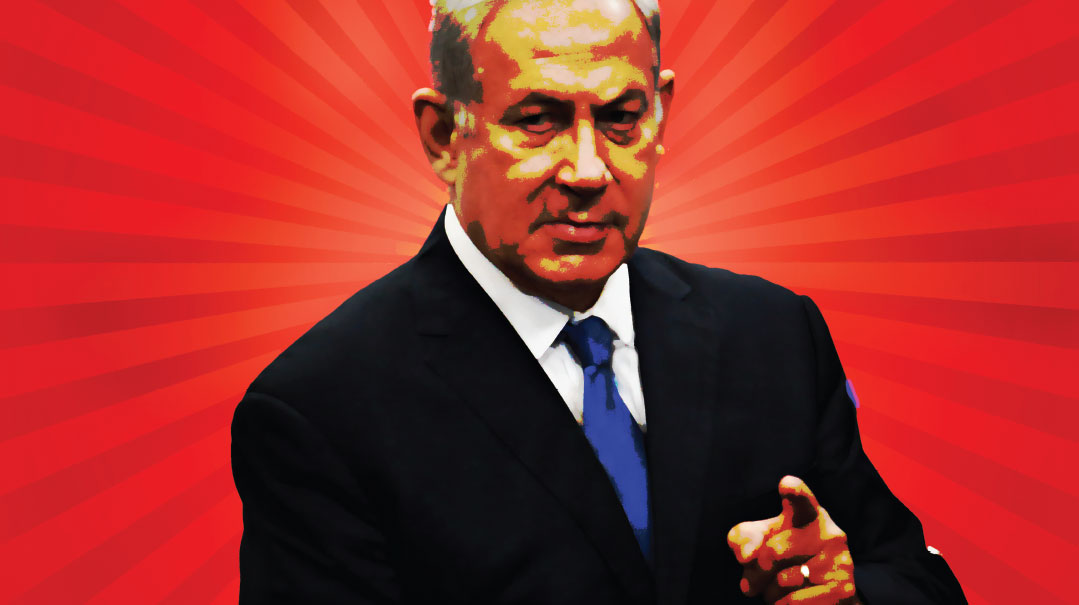On the Edge in Crown Heights


Photos: Naftali Goldgrab
With an upsurge of attacks on Jewish residents over the past year, has Crown Heights returned to the frightening days of the neighborhood’s violent race riots in 1991? Some people are scared while others don’t bother looking over their shoulder – but so far, no one’s moving out
The longtime resident of Crown Heights was gripped with fear. He was returning home from shul on a Shabbos afternoon when a man jumped him from behind and began beating him. He cried for help.
“You don’t need help,” the assailant hissed at him. “I’m going to kill you right here.”
The assault on Menachem Moskowitz last April heralded the latest spate of attacks on Jews in the Lubavitch stronghold, many of them perpetrated by African-American residents. In the ten months since, eight beatings have roiled the neighborhood — and all but one have been ruled hate crimes. In addition to beatings that have sent Jewish residents to the hospital, there have been dozens of incidents of unprovoked pushing, anti-Semitic slurs, and threats.
In Crown Heights, this is nothing new. In 2013, a number of Jewish residents were sucker-punched by black youths as they walked down the streets. All along, there were the cold stares, the sermons preaching hate, the calls for boycotting Jewish stores. And all this is taking place in a neighborhood where a major race riot broke out in 1991 that resulted in the death of one Jewish man, Yankel Rosenblum, dozens of injuries, and extensive property damage. Since then, Crown Heights, a neighborhood of stately brownstones and squat apartment buildings, has never truly been quiet.
According to Moskowitz, his assailant did more than threaten to kill him. He also repeated anti-Semitic tropes that have been heard for centuries, whether in North America, Europe, or the Middle East. “He began yelling ‘You fake Jews’ and ‘You stole all my money and robbed me, and stole my mortgage and my house!’ ”
Looking for a cause, some have pointed to gentrification. Longtime residents — both Jews and African-Americans — are being priced out of their homes by a rising housing market. Neighborhood dwellers of both communities are struggling to pay their rent as property values skyrocket across the city.
But for some African-American residents, the finger of blame is pointed in one direction — the Jews, whom they associate with their landlords. Police are flooding the neighborhood with extra units, and leaders in the Jewish and African-American communities are looking for solutions to address the latest string of attacks.
According to Yaacov Behrman, founder of the Jewish Future Alliance, an advocacy group, there are still too many African-American community leaders who believe that Jews are responsible for problems in their neighborhoods. “There is a significant number of people who buy into the narrative that one group in society is a target of gentrification and the other group is not, and this is part of the problem,” he said. “We have to be honest with ourselves and have an open conversation on whether that contributes to the violence.”
(Excerpted from Mishpacha, Issue 751)
Oops! We could not locate your form.







